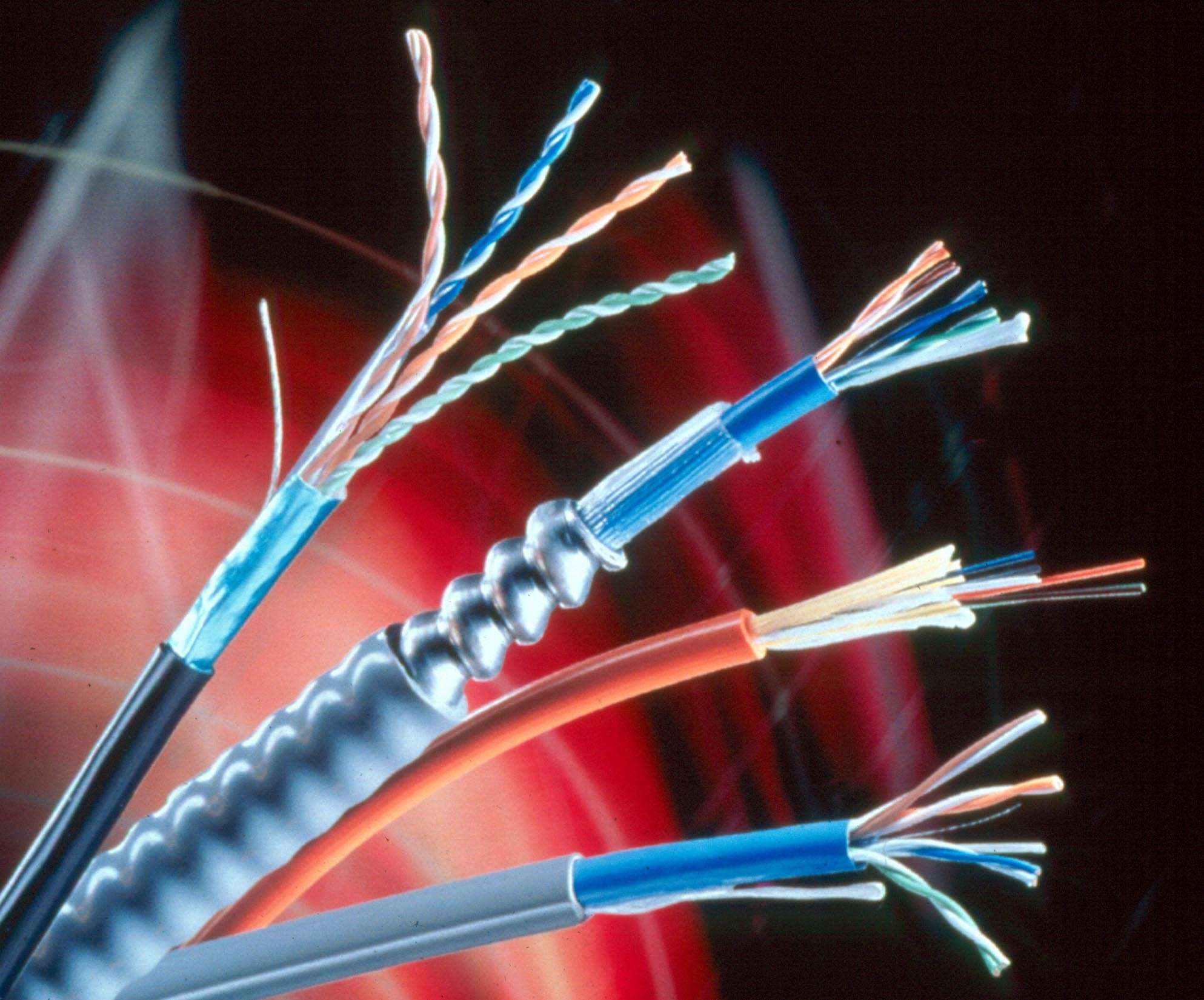Introduction to Cable Price in Pakistan
In Pakistan, the demand for reliable and cost-effective electrical cables, especially for solar applications, continues to rise. Whether you’re planning a solar project for residential or commercial use, understanding the landscape of cable price in Pakistan and the specific requirements for DC solar wires is crucial. This guide provides insights into the factors influencing prices and what to consider when sourcing DC solar wires in Pakistan.
Factors Influencing Cable Prices
-
Quality and Certification: The quality of cables, including their insulation, conductivity, and durability, significantly affects pricing. Certified cables that meet international standards often come at a premium due to their reliability and longevity.
-
Cable Type and Size: Different solar projects require cables of varying thickness and type. For DC solar systems, cables need to withstand higher voltages and outdoor conditions, influencing their pricing based on the materials used and their cross-sectional area (measured in square millimeters).
-
Market Dynamics: Fluctuations in raw material costs, currency exchange rates, and market demand can impact cable prices. Keeping abreast of these factors helps in making informed procurement decisions.
-
Supplier and Brand: Established brands and suppliers with a reputation for quality may charge higher prices compared to newer or lesser-known brands. However, reliability and after-sales support can justify the premium.
Types of DC Solar Wires
DC solar wires are specifically designed to carry direct current from solar panels to inverters or charge controllers. They are different from AC wires in terms of insulation and current-carrying capacity. Common types include:
-
Photovoltaic (PV) Wire: Designed for outdoor use, PV wires have UV-resistant insulation and are rated for direct burial.
-
Single Core vs. Multi-Core: Depending on the system configuration, you may opt for single-core wires (easier installation) or multi-core cables (reduced space requirements).
-
Copper vs. Aluminum: Copper wires offer better conductivity but are more expensive than aluminum alternatives, which are lighter but may require larger cross-sectional areas.
Pricing Overview in Pakistan
In Pakistan, the pricing of DC solar wires varies based on the aforementioned factors. As of [current year], here’s a general overview:
-
Standard DC Solar Cable: Prices range from [price range] per meter, depending on the gauge and quality.
-
Premium Quality: High-quality cables certified for solar applications can cost [price range] per meter, reflecting their enhanced durability and performance.
-
Economic Options: Budget-friendly options are available starting from [price range], suitable for smaller residential projects with moderate power requirements.
Buying Considerations
When purchasing DC solar wires in Pakistan, consider the following tips:
-
Quality Assurance: Ensure cables meet international standards such as IEC or IEEE to guarantee safety and performance.
-
Supplier Reputation: Choose suppliers with a track record of reliability and customer support, as they can provide technical guidance and warranty coverage.
-
Project Requirements: Calculate the required cable length, gauge, and type based on your solar system’s specifications to avoid over-spending or under-provisioning.
Conclusion
Navigating the landscape of DC solar wire prices in Pakistan requires attention to quality, type, and supplier reputation. By understanding these factors and considerations, you can make informed decisions that align with your project’s needs and budget. For reliable sourcing, consider reputable suppliers who prioritize quality and compliance with international standards

